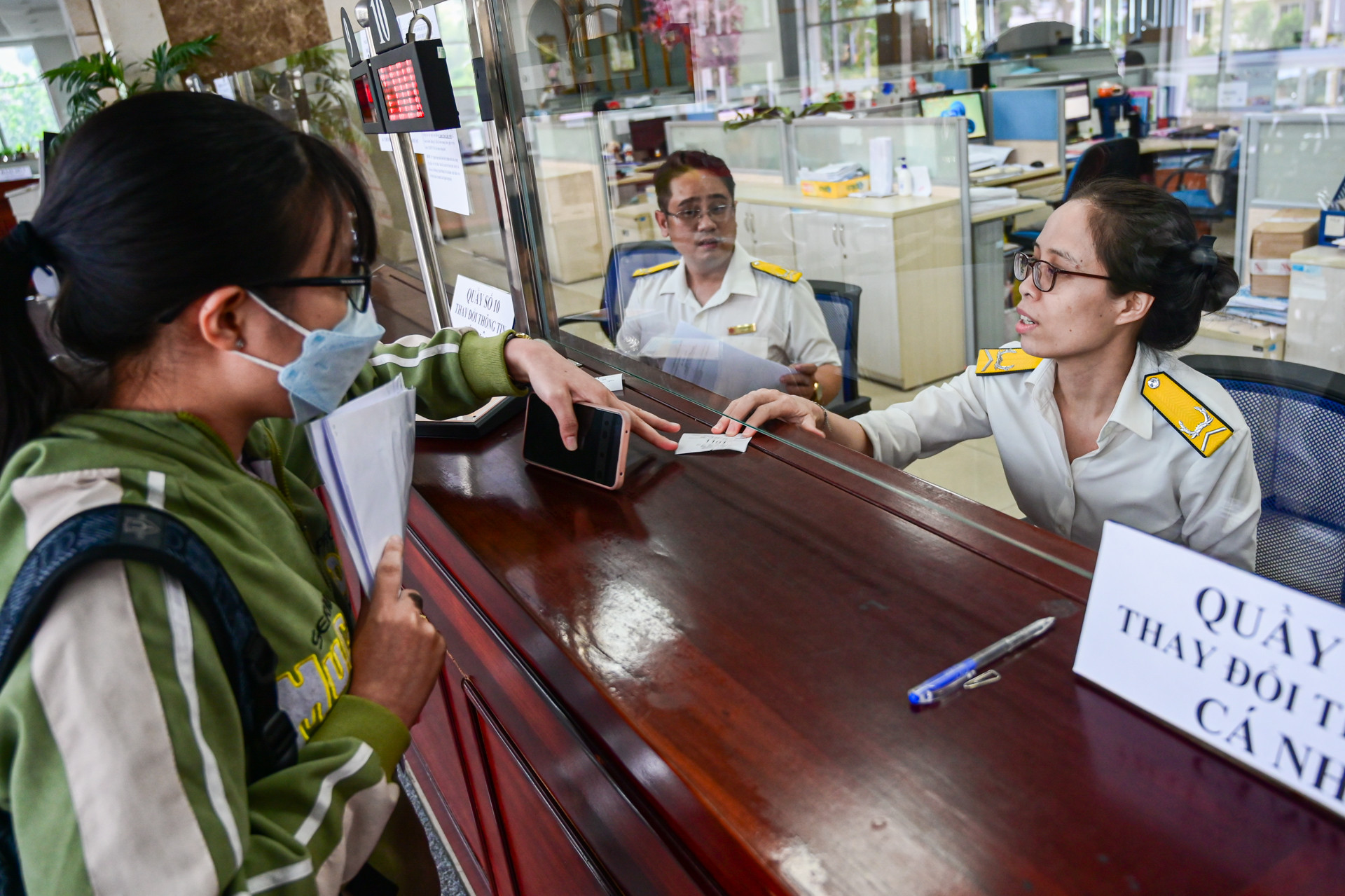
The new threshold will replace the current strict and rigid policy under which representatives, hired workers and owners of businesses that still have not paid tax will be prohibited from exiting the country.
Prior to that, the news that a number of businesspeople were suspended from exiting the country recently stirred up the public and faced opposition from the business community. Economists pointed out that the regulation is ‘doing more harm than good’ and it needs amendment.
This shows that the taxation body is open to public opinions and suggestions and is willing to amend regulations if necessary.
In fact, the taxation body observed current regulations when asking agencies to join forces to prevent tax-owing businessmen from exiting the country, and if it had not done so, it would have been criticized for ‘lacking responsibility’.
However, laws and regulations are set by people, and if the laws and regulations are not reasonable and cause problems and hinder development, they must be amended. This is normal in the process of building laws in Vietnam.
All policies, including the exit prevention applied to businesspeople who have not fulfilled their tax obligations, have positive and negative impacts.
But in this case, the negative impacts exceed the positive, adversely affecting the business environment and eroding business confidence.
When the news that Bamboo Airways CEO Luong Hoai Nam was prevented from leaving, the air carrier witnessed the revenue drop dramatically by 60 percent as many partners canceled contracts. Commercial banks and foreign partners brought pressure to bear on the airline, requesting it to pay debts immediately and cancel contracts. As a result, Bamboo Airways’ operation became stagnant.
Economists pointed out that prohibiting Nam from exiting the country was not a wise decision. Bamboo Airways is undergoing restructuring as per the government’s request, and this has been hindered as Nam cannot go abroad and sign business contracts.
A report showed that from 2023 to September 2024, GDT collected VND1.844 trillion from 2,873 individuals who had been sanctioned from leaving . According to the Ministry of Finance, the total amount of unpaid debts under the management of taxation agencies had reached VND204.441 trillion as of June 30, 2024.
As such, the amount of tax collected from these subjects accounts for less than one percent of total tax debts. This means that the policy on prohibiting businessmen from exiting the country until they fulfil tax duties won’t help increase tax collections, and also stops enterprises’ opportunities to earn money to pay debts.
Also according to GDT, taxation agencies issued 175,000 decisions on coercive tax payment.
Economists, in recent business forums and workshops, pointed out that the policy should not applied now, at the ‘sensitive moment’ when most enterprises are facing difficulties.
A survey by the Board for Private Economic Sector Research and Development (Board IV) conducted on 891 businesses found that 60 percent of enterprises gave ‘negative/very negative’ answers about economic prospects in the second half of 2024 and early 2025.
Meanwhile, 65 percent of enterprises said they planned to scale down business, temporarily stop business or stop business in the next 12 months.
Many businesses have been facing difficulties because of unfavorable market conditions, adverse impacts from Covid-19, and other reasons. Many of them are on the verge of bankruptcy and need urgent restructuring to escape the current deadlock. They need to hire talent to manage business, but how can they do this if CEOs are prohibited from going abroad?
The taxation agency is just one of the creditors of enterprises. The other creditors include banks, suppliers, partners and clients. The exit policy not only poses danger for enterprises which still cannot pay debts, but also for other businesses in the same ecosystems.
There are hundreds of state-owned enterprises which owe tax and incur tax. Will the state suffer if representatives of its enterprises have an exit ban?
Meanwhile, taxation agencies themselves owe money to enterprises. A report showed that the agencies owed trillions of dong worth of tax refund to wooden furniture and cassava starch export companies for many years.
Tu Giang